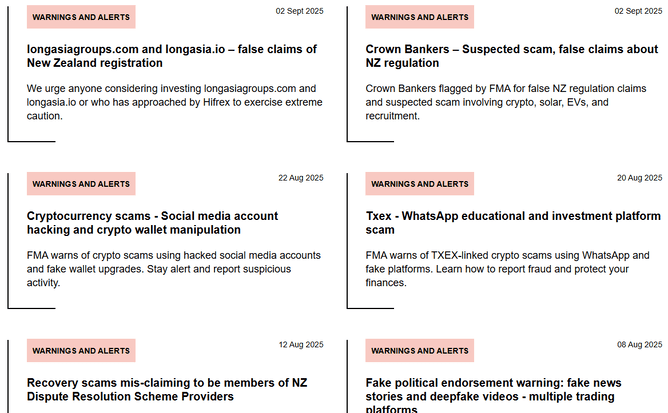How to Protect Your Finances in a Digital World
Scams are becoming increasingly sophisticated, targeting people across every age group and financial background. At DecisionMakers, we want to ensure you’re informed, alert, and protected. With a little caution and the right knowledge, you can avoid falling victim—and take swift action if you suspect something is wrong.
Common Ways Scammers Target You
Scammers use a wide range of methods to steal your money or personal details. These can happen online—through email, websites, and social media—or offline, including at your door, over the phone, or even through postal mail. Here are some of the most frequent scam types to watch for:
Phishing – Fake emails or texts that trick you into sharing your login or personal details.
Computer Virus Scams – Cold callers pretending your computer has a virus and asking for remote access and credit card details.
Investment Scams – Promises of high returns with low risk; often targeting people looking to grow their savings.
Inheritance, Lottery, or Prize Scams – Claims that you’ve won money or an inheritance, but need to pay a fee or tax to receive it.
Romance Scams – Fraudsters build online relationships, then ask for money or sensitive information.
Door-to-Door Scams – Offers of cheap repairs or services requiring upfront payment—then no work or shoddy results.
Phone Scams – Callers impersonating government agencies or well-known companies asking for account or identity details.
Identity Theft – Thieves collect your information to access your finances or create fake identities.
What to Do If You Think You’ve Been Scammed
If you believe you've been scammed:
Contact your bank immediately to help limit financial damage.
Report the scam to Netsafe via their website or by calling 0508 NETSAFE (638 7233).
Report cybersecurity issues to CERT NZ for additional support and investigation.
These agencies may escalate your case to the police or Consumer Protection depending on the nature of the scam.
How to Protect Yourself
Taking a few simple steps can significantly reduce your risk:
Use strong, unique passwords for each online account.
Set a PIN on your phone.
Don’t open links or reply to unsolicited emails or texts.
Keep your software and antivirus protection up to date.
Report spam to: complaint@spam.govt.nz.
Hang up on cold callers offering financial products or services.
Always verify that financial service providers are registered and licensed via the Financial Service Providers Register.
Stay Informed: Scam Alerts You can find current scam alerts here:
Consumer Protection Alerts
Netsafe Facebook Page
Keeping up to date with scam trends can help you spot red flags early.
Need Help? If you have questions or concerns, these agencies can assist:
Netsafe – Online safety and scam reporting
Consumer Protection – Scam alerts and legal advice
New Zealand Police – For criminal activity
Ministry of Justice – Legal resources and consumer rights
Financial Markets Authority – Regulation of financial services and providers
Your financial security matters. At DecisionMakers we’re here to help you protect what you’ve worked hard to build. If you receive suspicious communication or offers, don’t hesitate to contact us or the relevant authority for support.


